Boundaries refer to any emotional, mental, or physical limits that can help protect you in a relationship. Limits are essential in defining who we are and how we allow others to treat us. Boundaries are essential to any relationship, whether it is a work colleague or a spouse. In recovery, setting boundaries is even more critical because it prevents you from being taken advantage of while you take care of yourself.
Peninsula Health Center is a trusted Palos Verdes drug rehab center that can help. Contact us today to learn more about our Rolling Hills treatment center.
Benefits of Setting Boundaries in Recovery
There are several benefits to setting boundaries in relationships, especially in recovery.
Learning to Say ‘No’
Firstly, when you are early in your recovery, one of the most challenging things you’ll face is learning to say no. When you long to be accepted by others, it can conflict with knowing that you must say ‘no’ in certain situations. Learning the value of saying ‘no’ when appropriate can improve your self-worth and indicate that you value what you need most.
Avoiding Triggers
Another benefit to setting boundaries in recovery is avoiding triggers. It’s important, to be honest with yourself about things like:
- Who you can hang out with
- Where you can go
- What places you should avoid
Setting these boundaries in your relationships can help you avoid the places, things, or people who might not have your best interest at heart.
Improving Communication
It’s not uncommon to experience a wide range of emotions, especially early in your recovery. It can be difficult to express yourself in a meaningful way, but establishing boundaries in your relationships can help you recognize what you need most in all of your interactions.
Boosting Self-Esteem
Tangentially, setting boundaries in relationships can help you improve your self-worth. Individuals with low self-esteem tend to make decisions that have a negative impact, but setting boundaries helps you develop a sense of self-worth and improve how you view yourself in the confines of your relationships.
Healthy Ways of Setting Boundaries in Relationships
No matter the relationship you have with someone, there might come a time when you need to set boundaries. This can be with a work colleague, a family member, or a friend. Some examples of healthy boundaries include:
- Examining whether it is in your best interest to maintain a relationship with someone, especially someone who might not support your recovery
- Learning how to maintain your personal beliefs no matter whether others around you think
- Learning to say ‘no’ to things like help, favors, or gifts that are not supportive of your recovery
- Respectfully communicating your needs
Know Your Thoughts, Emotions, and Values
When setting boundaries, you have to start by understanding your personal values, beliefs, and emotions. You have the right to feel however you feel and to express yourself. You also have the right to expect a certain level of treatment from other people and to cut off that relationship or change it if they don’t oblige.
Risk Factors to Sobriety
As you progress through your recovery, it’s essential that you’re honest with yourself about the people, places, thoughts, behaviors, or even objects that might put you at risk for a relapse.
Risk factors are highly personalized, and some of them are obvious, like recognizing that you shouldn’t go to a bar or you shouldn’t still be friends with your former drug dealer, but others might be less obvious, like avoiding watching football if that’s where you consumed most of your alcohol or avoiding a certain grocery store outside of which you would purchase drugs.
Set Boundaries
Once you have identified your thoughts and values, as well as your personal risk factors for relapse, you can set boundaries.
As you set boundaries, it’s important to write them down and keep them somewhere where you can refer to them regularly. They should also be as specific as possible. For example, you might say:
- “I have to block the numbers of people I can’t be around right now,” or
- “I cannot drive down Cherry Street because it is a trigger. I will take one street over when I go home.”
Enforce Boundaries
Setting and enforcing boundaries needs to follow the same type of SMART goal setting that you would use for any other achievement. You have to write down specific and achievable goals and then set boundaries to enforce them.
Enforcing your boundaries will take daily commitment, and sometimes you might need to be accountable by having a sponsor, support group member, or family member who can help you in times of need and encourage you if you are faltering.
Get Help with Peninsula Health Center
With Peninsula Health Center, clients can participate in several levels of care, including:
- Partial Hospitalizations
- Intensive outpatient programs
- Traditional outpatient
- Sober living
- Aftercare
And our facility clients benefit from our aftercare program because it helps teach ways of setting boundaries in relationships. These lessons can be applied to boundary setting while participating in your treatment program and immediately after completing your drug and alcohol rehab.
The first few weeks and months after completing a program are some of the most vulnerable, where individuals are more likely to struggle with relapse because they don’t properly avoid triggers, have low self-esteem, or maintain feelings of isolation.
Learning to set boundaries can help avoid all of these and give you the tools to take care of yourself first.
Reach out to Peninsula Health Center for help today.






